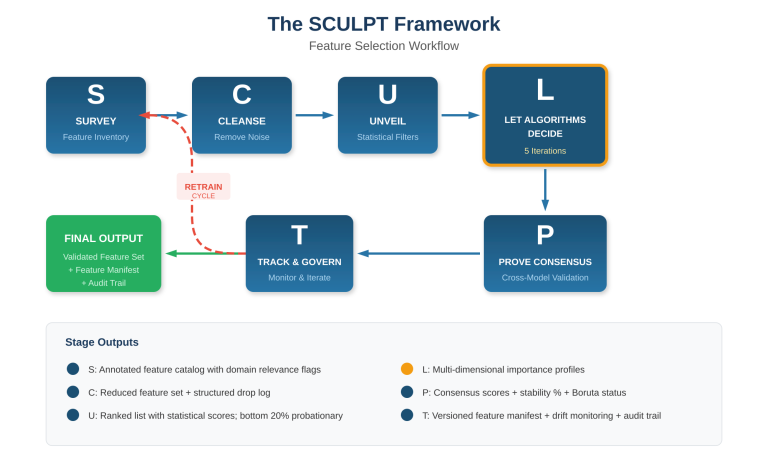
Throughout my 25+ year tenure, I have witnessed the profound impact that true leaders, as opposed to conventional managers, have on a team’s success, morale, transparency, and trust. This reflection explores the vital role of cultivating confidence, trust, and other pivotal leadership attributes.
The Limitations of Conventional Management
In many industries, managers often rise to their positions based on their expertise in specific domains. I’ve learned that this narrow focus on technical proficiency rarely aligns with the demands of effective team management.
After working with many outstanding leaders, I experienced a significant transition in my career: moving from a team led by an exemplary leader to one under a manager promoted for technical expertise and seniority. This change highlighted the vast differences between true leadership and mere management. The previous leader was a source of inspiration, embodying effective leadership traits: the ability to inspire, build trust, and foster a culture of growth and innovation. Their approach was empowering, nurturing the team’s creative skills, and guiding them towards collective success. In contrast, the manager I then worked under lacked these broader leadership qualities. Their style was more about authoritative micromanagement, a departure from the predecessor’s empowering and inspiring approach. This style created barriers to trust and impeded the development of a growth mindset within the team. It became evident that their focus was more on controlling individuals, processes, and outcomes rather than nurturing and developing the team’s potential. This manager also favored promoting individuals who mirrored their work style and approach to management.
This experience further revealed differences between a leader and a manager. A leader inspires and motivates, trusts their team, and fosters an environment where creativity and innovation can thrive. In this context, a manager appeared more as a figure of authority and control, focusing on maintaining the status quo rather than encouraging growth and exploration. The impact of this difference on team morale, creativity, and overall potential for innovation was significant and a crucial learning point in understanding the essence of authentic leadership.
The Resonance of Leadership and Mentorship
In contrast, my career’s most enriching and growth-oriented phases unfolded under individuals who epitomized leadership and mentorship. These figures transcended the confines of domain knowledge, embodying the essence of authentic leadership: inspiring a team through trust, vision, autonomy, and guidance, irrespective of the industry. The wisdom and insights these mentors impart resonate with me, shaping my approach to leading teams across various projects and programs.
Fundamental Qualities of Impactful Leaders
- Building Trust: I’ve learned that impactful leaders place a premium on cultivating trust within their team. They create an atmosphere where each member feels valued, heard, and supported, paving the way for open communication, bold risk-taking, and robust team cohesion.
- Emotional Intelligence: Exceptional leaders display acute emotional intelligence, adeptly navigating their emotions and their teams, solidifying a foundation of trust and mutual respect.
- Championing Innovation: Leaders across any field nurture an environment ripe for innovation, valuing unconventional but purposeful ideas and encouraging inventive problem-solving.
- Aligning with Broader Goals: Such leaders adeptly ensure that the team’s efforts are in harmony with the organization’s overarching objectives, steering clear of being bogged down by the minutiae of technical details.
- Fostering Continuous Learning: Acknowledging the imperative of staying agile and informed, these leaders advocate for and facilitate ongoing learning and skill enhancement within their teams.
- Establishing Transparency and Trust: I’ve observed that micro-managers, in their quest for control, often cultivate a toxic work culture where conformity is rewarded over creativity. In such environments, interactions are transactional, and the focus is skewed more toward ticking off tasks rather than fostering team and individual growth.
Learning from Diverse Leadership Styles
I’ve been driven by a desire to learn and embrace new challenges throughout my career. And I’ve been fortunate to work with leaders who truly understood the value of trust and mentorship. These leaders helped me grow by nurturing my ability to think strategically and encouraging me to take risks and explore new areas. This supportive and trusting environment contrasted with when I worked under a manager who focused more on technical aspects. We needed more trust and forward-thinking leadership to grow and innovate in that setting. Even so, this challenging time taught me valuable lessons and was crucial in shaping me into the leader and mentor I am today.
The Essence of Trust in Leadership
My journey underscores the criticality of trust in leadership. A leader’s failure to foster an environment of trust can result in a constrained, uninspired team, which is incredibly counterproductive in fields driven by innovation and collaboration.
Embracing a Leadership Paradigm
As organizations navigate the complexities of modern business landscapes, the distinction between leaders and managers grows more vital. In this era of rapid change and uncertainty, leaders who can build trust, inspire their teams, provide guidance, and act as mentors are not just valuable but essential. These leaders are pivotal in steering organizations through dynamic and often unpredictable environments.
Transitioning from a managerial role to a leadership position is more than just a step up the career ladder; it represents a fundamental shift in approach and mindset. It involves moving from a traditional, task-focused management style to a more holistic, trust-centered leadership philosophy.
Recognizing this, organizations must place a high priority on cultivating leaders, not just managers. This involves strategically emphasizing leadership development programs and mentorship opportunities and creating an organizational culture that values and nurtures practical leadership qualities.
Investing in leadership development is not just about enhancing individual capabilities; it’s about fortifying the organization’s foundation. Leaders with a vision who can foster a collaborative and innovative culture are the ones who will navigate their teams through challenges and lead their organizations to new heights of success. Therefore, the deliberate grooming of leaders, instead of focusing solely on managerial skills, becomes a critical strategic imperative for any forward-thinking













